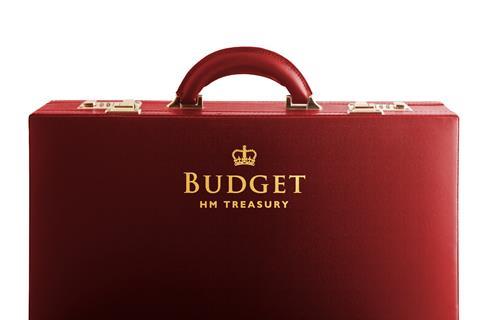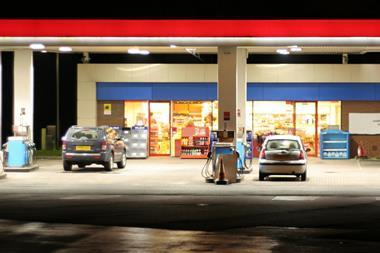
Associations representing forecourt and convenience retailers have called for measures to ease financial pressures on their members in their submissions to Chancellor Rachel Reeves ahead of the October Budget.
The Petrol Retailers’ Association is asking for lower business rates and a freeze in fuel duty, while a plea to ring-fence revenues from the upcoming vaping levy to fund local enforcement is among the demands from the Association of Convenience Stores.
The PRA maintains that the 57.95 pence per litre duty – which has remained in place under successive Chancellors for a decade but is due to rise in line with the Retail Price Index from March 2025 – is vital in “continuing to shield consumers from further financial strain”.
“At a time when consumers are already grappling with high fuel costs, the international situation remains precarious, with conflicts in Ukraine and the Middle East continuously threatening the stability of global energy prices,” says the PRA, which represents owners of 4,500 forecourts. “Reversing the 5ppl cut and ending the fuel duty freeze would result in a significant and unwelcome increase in costs for motorists. This would exacerbate the financial challenges faced by individuals and businesses alike.”
Keeping the rate at its current level would “help sustain consumer spending, which is a critical driver of economic growth”, it adds. It also states that such a move would be consistent with the government’s commitment to net-zero emissions so long as ministers focus on incentivising the adoption of electric vehicles and improving public transport options.
Meanwhile, the PRA says the current business rate multiplier, which is set at 54.6p, is at an “unsustainably high level” and has created “significant financial pressure on businesses, particularly petrol retailers, who may be forced to raise prices at the pump to maintain their operations”.
It goes on: “A further increase in business rates would only exacerbate this issue, making it more difficult for these businesses to survive, particularly in the context of the current economic climate where margins are already razor thin.”
The PRA says: “Business rates are a fixed cost, unrelated to a retailer’s sales or overall economic performance. This rigidity places an undue burden on petrol retailers, who must pay these rates regardless of how well their business is doing. Given the narrow profit margins in this sector, expecting these businesses to absorb such high costs is unreasonable and could lead to closures, reduced competition, and higher prices for consumers.”
Meanwhile, the ACS says retailers have faced a “challenging few years” because of inflation, soaring energy costs, a tight labour market, and a “surge” in theft and violence towards shopworkers.
Its submission includes calls to increase the threshold for employer National Insurance contributions to £185 and to uprate it each year; maintain the small business rate relief; introduce an alternative rating methodology for online distribution warehouses – often seen as providing unfair competition to bricks and mortar retailers because they pay a lower level of business rates; and using revenues from the upcoming levy on the sale of vaping products to pay for local enforcement.
The government is set to introduce a series of regulations aimed at preventing the marketing of tobacco alternatives such as vapes to children and tackling the illicit market. Those measures, says the ACS, need to be matched by a £140.4 million increase in budgets for local authority trading standards teams, which could be funded by the vape product duty. Such an amount would fund 438 officers, it says.
ACS chief executive James Lowman says: “Convenience retailers have weathered the storm of increasing costs, higher inflation and spikes in their energy bills. It is important that we continue to support these businesses to invest, as they are essential to local growth and significant contributors to the UK economy. Much of the investment being made in stores is in a wider range of services, which bolsters their role as part of the universal basic infrastructure that every successful community needs.”
































